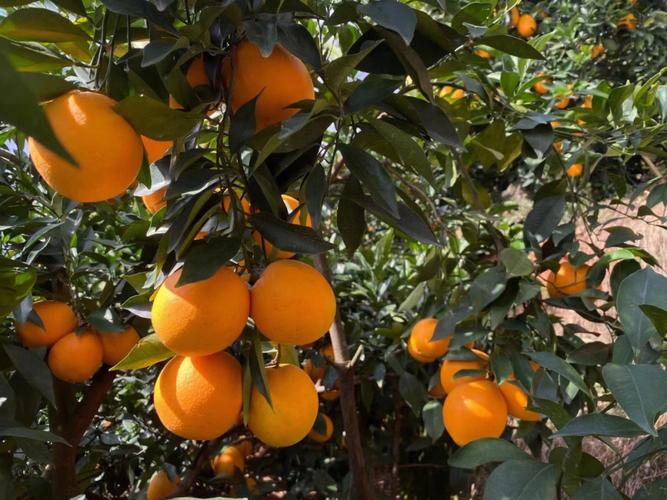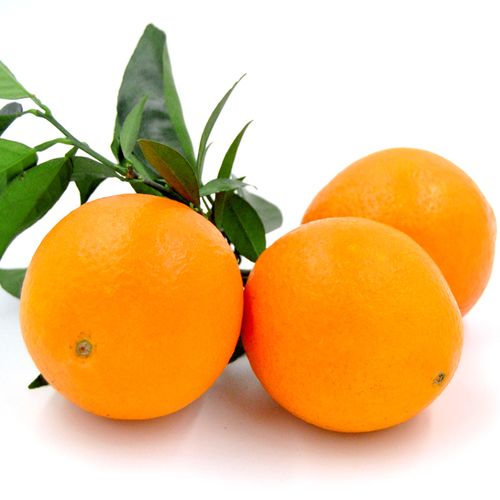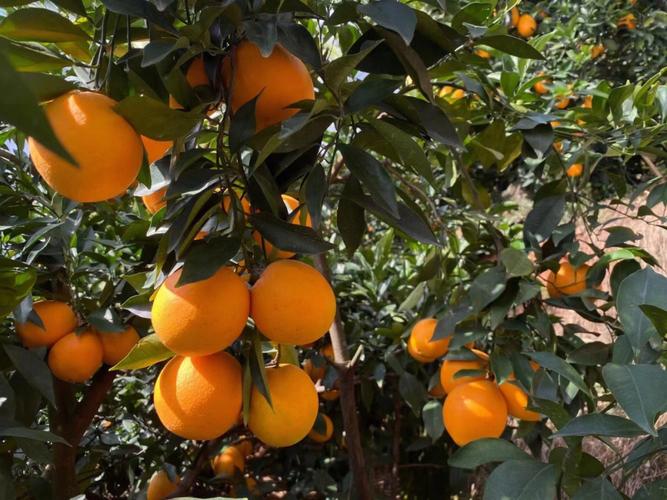


The Grove Where Time Tastes Like Citrus: A Navel Orange Story, Written in Dirt and Dawn
I’ve been walking these rows since I was six, my tiny hand clasped in my grandfather’s calloused one, learning to spot the difference between a thirsty leaf and a happy one. Back then, the grove felt like a secret world—gnarled trees leaning like old friends, bees droning in blossoms, and the air thick with a smell I’d later realize was pure life: wet soil, sun-warmed citrus, and the faint, sweet decay of fallen fruit (the good kind, my grandpa said, proof the earth was breathing).
Today, that world is mine. Not a business. Not a brand. Just a patch of land where my family has tended navel oranges for four generations, and where every fruit carries a story—of patience, of storms weathered, and of hands that cared enough to let things grow slow.
Grandpa’s Rule: “Let the Tree Lead”
My grandfather, Luis, planted our first saplings in 1952, using a shovel he’d forged from scrap iron. “Oranges aren’t racehorses,” he’d grunt, wiping dirt from his brow. “They’re more like us—need time to find their footing.”
He hated rushing. When a late frost threatened the blooms, he didn’t panic. He lit smudge pots, yes, but mostly, he sat under the oldest tree (a scraggly thing he’d saved from a burned orchard), sipping coffee and muttering, “She’ll remember. Trees have good memories.” By May, the grove bloomed—plump, fragrant, like nature’s apology.
That tree still stands. Its trunk is wider than my torso now, its branches bowing low with fruit every winter. I still talk to it, just like Grandpa did. “Hold on, viejita,” I’ll say, brushing a leaf. “The sun’s not done with you yet.”
Work That Smells Like Home
Farming here isn’t about checklists. It’s about rhythms.
Dawn starts with dew. I slip on my boots—caked with soil from last night’s rain—and wander the rows. My dog, Chuy, trots beside me, sniffing at fallen blossoms. I check for aphids (ladybugs handle most, but I rescue stragglers with a soft brush). I pause to pluck a star-shaped white flower, its scent sharp and sweet, and tuck it into my pocket. Old habit. Grandpa did it, too.
Noon is for pruning. I use Grandpa’s old shears, their handles worn smooth. I snip only what’s dead or crossing, never more. “Trees need to breathe,” my mom used to say, as she hung bird feeders in the corners. Now, finches and chickadees flit between branches, their songs weaving through the grove like a lullaby.
Harvest is chaos and joy. My niece, Camila, and her boyfriend, Diego, arrive with wicker baskets. Camila, 12, moves slow, cradling each orange like a baby bird. “This one’s heavy,” she whispers, grinning. “Juicy, I bet.” Diego laughs, tossing a rogue leaf at her. “Focus, mi amor. We’ve got 200 trees to do.”
Imperfections: The Best Kind of Magic
Not every orange is Instagram-ready. Some have dents from branches, others are lopsided, their tops a little flat. For years, we’d toss them—or sell them cheap. Then Camila, age 7, brought me one, its peel scuffed like an old map. “This one fought the wind,” she declared. “It’s brave!”
Brave, indeed. Now, we call them “aventura naranjas”—adventure oranges. They go to the food bank, where a single mom cries, “My kid eats these like candy—their ‘ugly’ oranges are the best.” They go to the elementary school, where kids paint them and call them “citrus superheroes.” And some stay right here, left for deer or squirrels—because even the “imperfect” ones deserve a feast.
What You’ll Taste: Sunlight, Soil, and Someone Who Cares
Bite into one of our oranges, and you’ll taste it first: a bright, tangy zing—like licking a lemon drop, but warmer, softer. Then, the sweetness unfolds, slow and rich, like honey steeped in summer. The juice runs, thick and golden, not watery. Peel it, and the skin comes away cleanly, leaving no bitter pith—just a faint, citrusy scent that lingers, like a memory of Grandpa’s old tree.
But it’s more than taste. It’s the feel of dew on your boots at dawn. It’s Camila’s giggle as she chases a butterfly. It’s Chuy’s tail thumping as he guards the crates. It’s the soil, fed by coffee grounds and ladybugs, giving back its best.
Come, Share the Rhythm (Even If You’re Far)
If you’re ever nearby, pull up a stool under the old oak. I’ll pour sweet tea, hand you a basket, and let you pick. I’ll show you Grandpa’s first tree—its trunk thick, its branches still heavy with fruit. Camila will teach you to test ripeness by smell: “If it smells like sunshine, it’s ready.” And Diego? He’ll insist you try an “adventure orange.” “It’s the best kind,” he’ll say, grinning.
If you’re far, we’ll pack your order with straw and care—no plastic, no rush. These oranges aren’t perfect. They’re not mass-made. They’re grown by people who show up, day in and day out, for the land, for the fruit, and for anyone who believes food should taste like it’s rooted in love.
So go ahead. Peel one. Let the juice drip down your chin. Close your eyes, and picture a grove where the sun hums, the soil sings, and a girl named Camila is giggling, because she knows—you’re tasting more than fruit.
You’re tasting a story.
Our grove is here. And it’s waiting to share it with you—one sticky, sweet, sun-kissed orange at a time.
Article link:https://www.vlefooena.com/the-grove-where-time-tastes-like-citrus-a-navel-orange-story-written-in-dirt-and-dawn/

No reply content